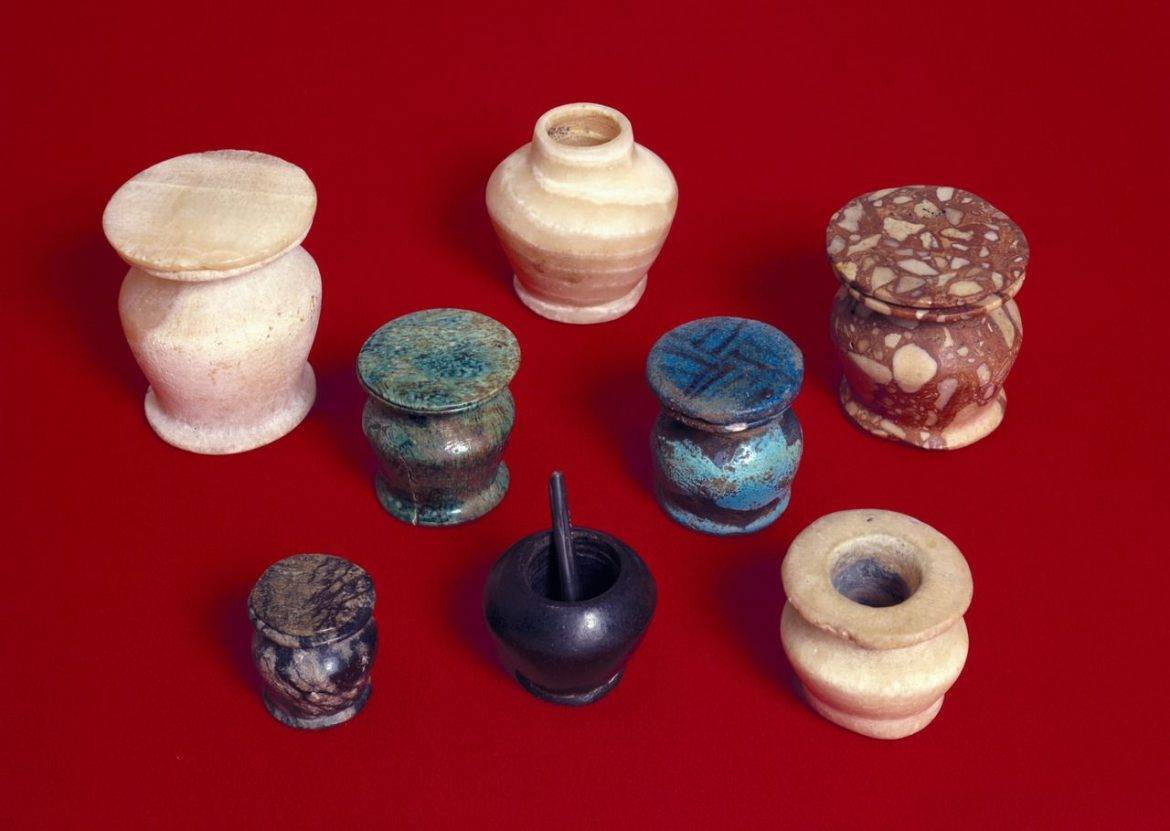Ancient Egypt: Land of Pharaohs and Pyramids
Ancient Egypt, situated along the fertile Nile River, thrived for over 3,000 years, leaving an indelible mark on human history with its monumental architecture, art, and enduring cultural practices.
Advertisement
Achievements: Egyptians built iconic pyramids as tombs for their pharaohs, showcasing engineering prowess and astronomical alignment. Hieroglyphic writing, papyrus scrolls, and advances in medicine and agriculture were also significant contributions.
Legacy: The concept of divine kingship, belief in an afterlife, and complex religious rituals centered around deities like Ra, Isis, and Osiris shaped Egyptian society and influenced neighboring civilizations.
Ancient Greece: Birthplace of Democracy and Philosophy
Ancient Greece, renowned for its contributions to philosophy, democracy, and the arts, laid the foundations of Western civilization. City-states like Athens and Sparta flourished, each with distinct political and social systems.
Achievements: Greek philosophers such as Socrates, Plato, and Aristotle explored fundamental questions about ethics, politics, and the nature of existence. The Olympics, originating in Olympia, celebrated athletic prowess and cultural unity.
Legacy: Greek architecture, exemplified by the Parthenon in Athens, emphasized symmetry, harmony, and the pursuit of ideal beauty. Greek myths and epic poetry, including the works of Homer (Iliad and Odyssey), continue to inspire literature and art.

